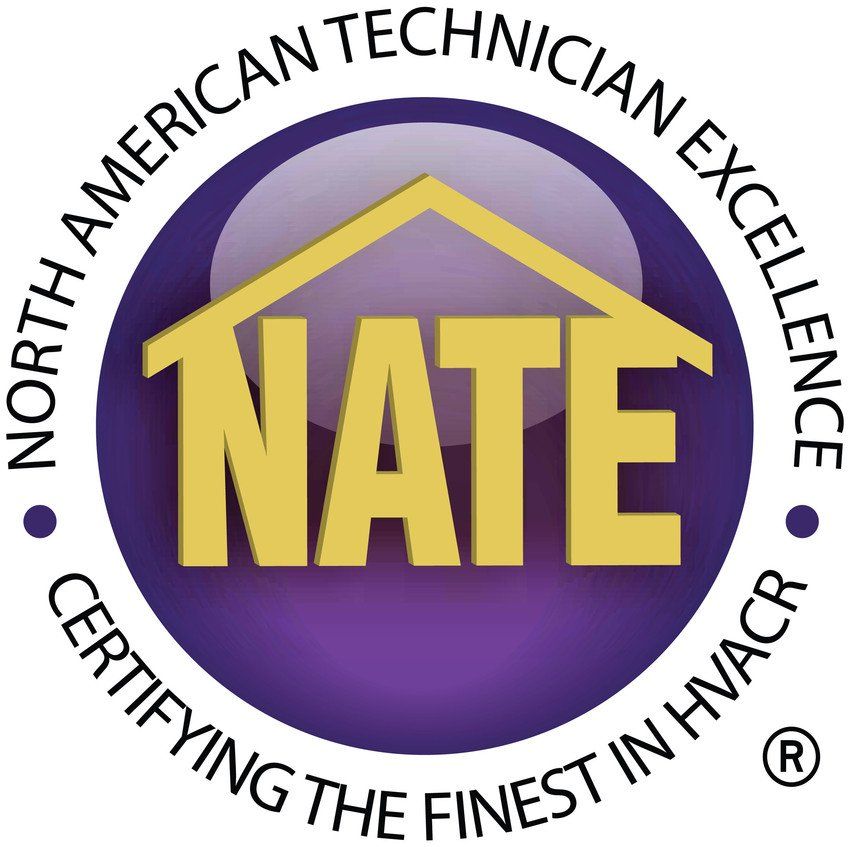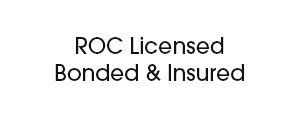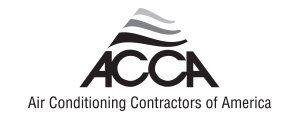When It Gets Hot in Your Home, Be Cool, Call PDQ!
Serving Phoenix, AZ, and the Surrounding Areas
PDQ Mechanical LLC FAQ
Family Owned Business Since 2004
Available 24/7
Licensed, Bonded, and Insured
Learn More About PDQ Mechanical LLC
Have an HVAC-related question? We have the answer. Check out these FAQs and give us a call today for more information!
-
When should I repair my air conditioner?
You may be able to prolong the life of your air conditioner with AC repairs. Although old air conditioning equipment becomes expensive to repair and offers no guarantee that additional problems are not close behind, it may be wise to choose repairs over AC installation for the following reasons.
- If you plan on moving soon, you may not get your investment price from a replacement air conditioning unit when you sell. A replacement that involves other trades may also be cost-prohibitive.
- In rare situations, a new air conditioning system can require significant remodeling.
- If the system has been trouble-free thus far and looks to be mechanically sound, repairs are likely the better option.
-
When should I replace my air conditioner?
You should consider scheduling a new AC installation service for the following reasons.
- If the equipment has reached six years old, be careful not to throw good money after bad with repairs. The average life span of an air conditioning unit is six to 12 years.
- If the system is more than 12 years old, major improvements in efficiency could be saving you BIG money. Super efficient, modern equipment can save $1,000 or more per year.
- If you are not comfortable, today’s modern air conditioning comfort systems can virtually eliminate hot and cold areas, high and low humidity, bad air quality, high utility bills, noisy indoor and outdoor equipment, and much more.
- If your system does not have variable airflow, consider upgrading. Variable airflow is the key to comfort. New systems keep the air moving, adding to comfort and helping save money.
- If you are concerned about breakdowns, don't delay an AC installation. When an old system fails under the intense summer heat, a replacement air conditioner can easily be a week to 10 days away.
- If family members have allergies, asthma, or other air quality health concerns, prioritize indoor air quality (IAQ). The air throughout your home can be improved throughout the whole house by 100 times with today’s high-tech IAQ technology and air conditioning products.
-
How long does a new air conditioning system last?
There is no way to put a specific time frame on this subject, but there are ways to help ensure that you get the maximum lifespan from your system. Make sure your system is designed and correctly sized to fit your home. Routine maintenance from professional AC companies will also help prolong the life of your system. Change out your air filters regularly — more often during the summer months.
-
Will I really save any money by replacing my old system?
Yes, you can save money by replacing your old system with a newer, more energy-efficient system. With technology and advances in the heating and cooling industry, today’s systems cost far less to operate and in turn save you money. After all, according to Onedesk, most families spend around $2,000 every year on their energy bills, with around half of that going toward keeping their home cool or warm. With so much money on the line, upgrading your HVAC system with a new AC installation is wise. Call us to find out which system is right for you.
-
What are SEER ratings?
SEER stands for Seasonal Energy Efficiency Ratio. SEER ratings are a type of measurement that's used to determine how efficient a system is under an average number of changes in weather throughout a season. AC companies use SEER ratings to compare HVAC systems.
-
Do I need a higher SEER system?
The higher the SEER rating, the more efficient the system. Usually, these systems cost a little more than the average system, but over a period of time, you can see returns on your investment by the amount of money saved on your energy bills year after year. If you need an AC installation, ask us about our ultra-efficient systems with high SEER ratings.
-
What size system should I have installed?
The right size system is paramount in your home. If it's too large, then your system will short cycle and not control humidity correctly; too small and it will run continuously. Please contact us for your free analysis today. We will be happy to configure just the right system for your needs during the AC installation process.
-
Is a large furnace or air conditioner better than a smaller one?
No, it is not. Bigger is not always better in the HVAC industry. A larger air conditioner uses more electricity and costs more to purchase, install, and maintain. A properly sized unit will provide the most efficient energy use and most comfort in your home. When buying a home comfort system, selecting the right size is crucial. For instance, an air conditioner that is too large will cool your home quickly, but you still may not feel comfortable. It will satisfy the thermostat before it can remove sufficient moisture from the air. However, a system that is too small just cannot get the job done. As Trane Comfort Specialists, we can help you determine the right size system for your home comfort needs during your AC installation service.
-
How often should I change my filters?
Most AC companies agree that it's important to check filters every two months and replace them as needed.
-
I would like to upgrade to a new high-efficiency furnace or air conditioner. Do you offer financing?
Yes, as one of the top AC companies around, we offer financing for all types of situations. Call us at (480) 963-9633 to ask about your specific needs.
-
I like to keep my house very cool in the summer would a new unit help with costs?
If you have a 15-year-old unit it could be as little as 6 SEER. Most people set their thermostats around 78 degrees in the summer to save costs and with a new Trane high-efficiency air conditioner, you could save as much as $600 per summer on a typical 4-ton unit while having your thermostat set a few degrees colder.
-
What are the benefits of a programmable thermostat?
A programmable thermostat is programmed for when you leave your house and then return home. The thermostat turns off the furnace during the hours you are not home so that energy is not used to keep the house warm while you are at work. The thermostat will then turn back on 30 minutes before you come home so your house is at the perfect temperature when you are home. These thermostats save up to 15% on your energy bills during the winter and 10% in the summer.
-
Why are furnaces and air conditioners so noisy?
They are not noisy if you install new Trane components in your system. Old units were not built with the quality materials that are used today. Trane also installs sound insulators on the compressor as well as a weather guard top that not only reduces noise but increases the life of the unit by not letting debris get into the system.
-
When I am on vacation should I turn off my furnace to save energy?
Common settings are 85 degrees in the summer if you have air conditioning and 60 in the winter if you will be gone for a couple of days. These settings will keep most plants alive and will keep pipes from freezing and bursting in the winter.
Energy Saving Tips
If your heating and cooling system is over 10 years old, you’re probably cheating yourself out of energy and money. You could be paying 30-50% more in utility costs than you should be. We can help you lower those bills and make you more comfortable at the same time. Heating and cooling your home uses more energy dollars than any other system in your home. Typically, 44% of your utility bill goes for heating and cooling.
You can save money and increase comfort by properly maintaining and upgrading your equipment. An energy-efficient furnace or air conditioner alone won’t have as great an impact on your energy bills as using the whole-house approach. By combining proper equipment, upgrades, and maintenance with appropriate thermostat settings, insulation, and weatherization, you can cut your energy bills in half.
Heating Tips
- Set your thermostat as low as it is comfortable.
- Clean or replace your filters once a month.
- Clean registers as needed and make sure they’re not blocked by furniture or carpeting.
- Use household fans wisely. Turn them off as soon as they’ve done their job.
- Keep drapes and shades open on south-facing windows during the heating season to allow sunlight to enter your home. Close them at night to reduce the chill.
- Close an unoccupied room and turn down the thermostat or zone to that room.
Cooling Tips
- Set your thermostat as high as it is comfortable.
- Clean or replace your filters once a month.
- Set the fan speed on high except in very humid weather. When it’s humid, set the fan speed on low.
- Use ceiling fans to spread the cooled air more effectively.
- Don’t place TVs or electrical appliances that generate heat near your thermostats.
- Plant trees or shrubs to shade air conditioning units but don’t block the airflow.
serving
Serving the following cities:
Gilbert
Mesa
Chandler
Tempe
Scottsdale
Queen Creek
San Tan Valley
Apache Junction
Business Hours
Hours:
Emergency Service Available 7 Days A Week




Share On: